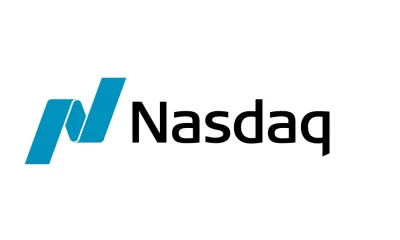Business
Aave protocol’s GHO stablecoin now live on Arbitrum
The Aave Protocol has introduced the GHO stablecoin on the Arbitrum network, marking a significant development in decentralized finance (DeFi) innovation.
-

 Business5 days ago
Business5 days agoCircle stock jumps 167% on NYSE debut
-

 Business5 days ago
Business5 days agoJapan’s ‘Strategy,’ Metaplanet, to buy 91K Bitcoin in next 18 months
-

 Business1 week ago
Business1 week agoMeta won’t buy Bitcoin as shareholders knock back treasury idea
-

 Business1 week ago
Business1 week agoSingapore orders local crypto firms to cease overseas activity by June 30
-

 Business1 week ago
Business1 week agoSEC faces criticism over crypto staking shift
-

 Business1 week ago
Business1 week agoAustralia rolls out new crypto ATM rules as feds flag rising scams
-

 Business1 week ago
Business1 week agoElon Musk says X’s DM feature XChat to have ‘Bitcoin-style encryption’
-

 Business1 week ago
Business1 week agoBinance co-founder CZ proposes dark pool DEXs to tackle manipulation




























